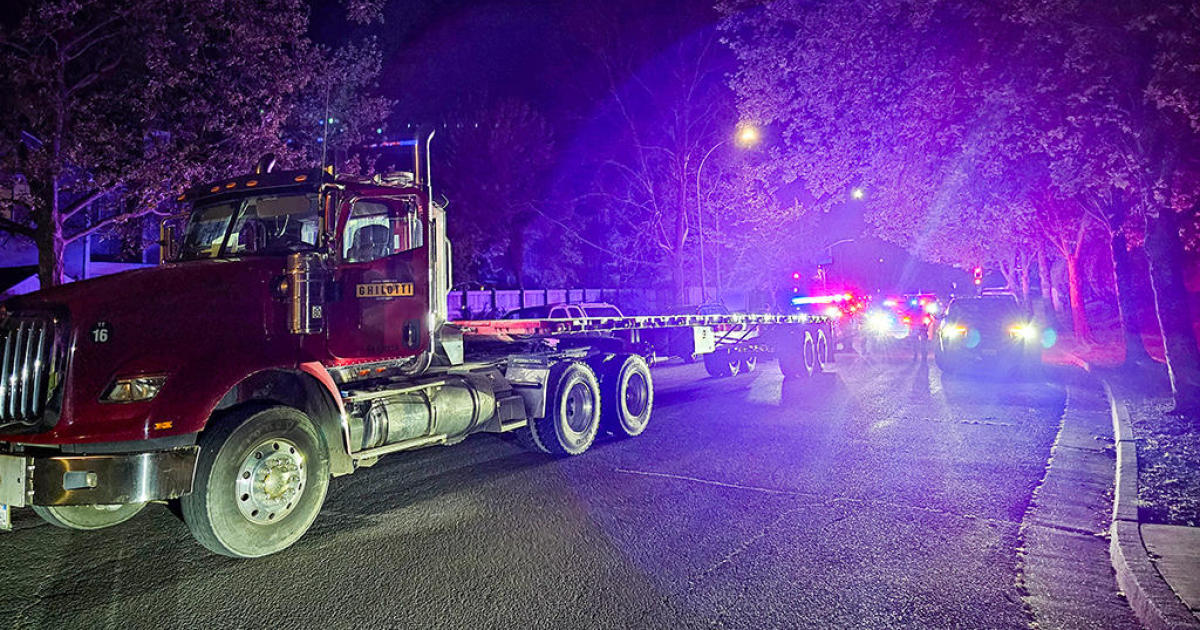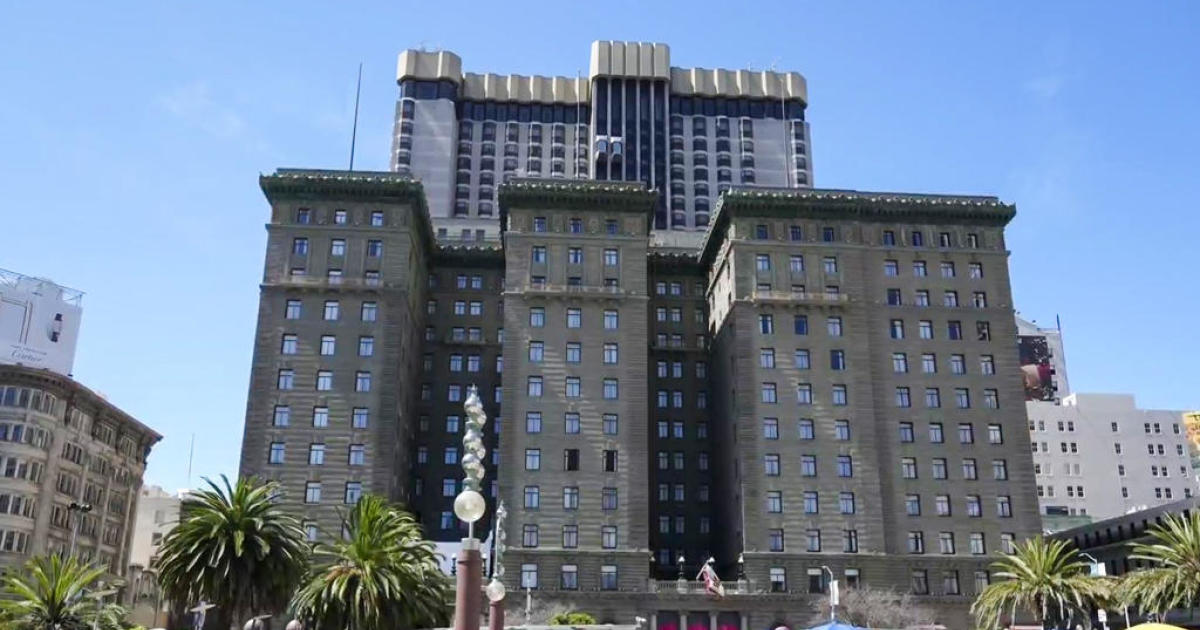Despite Anti-Theft Features, Thieves Still Seek Out iPhones
SAN FRANCISCO (KPIX 5) -- If you are guilty of walking the street or riding the bus cell phone in hand, headsets on, oblivious to your surroundings, this is a wakeup call.
Despite mandatory new anti-theft features installed now on all new phones, we discovered iPhones are still the number one item that thieves love to steal.
We went undercover on one of the busiest black market street corners in the Bay Area at 7th and Market streets in downtown San Francisco where you can buy or sell just about anything. Sure enough, the hot item: stolen phones.
But there's a catch. A so-called kill switch is giving would-be thieves a run for their money. It stops anyone else from using the phone when you report it lost or stolen, essentially turning it into a brick.
"There is never going to be a magic bullet to everything that we do, but what you are trying to do is you are trying to reduce the risk," said San Francisco District Attorney George Gascon.
Gascon led the fight five years ago to make kill switches mandatory on all phones after a spike in violent cell phone robberies in the city and all over the country.
He won, despite huge pushback from the industry.
"The carriers especially were making all the money $30 million a year replacing stolen phones," said Gascon.
Cell phone robberies and thefts from persons went down 50 percent in the first two years after the kill switch became mandatory on phones. In the past two years they fell again by another 8 percent, to a total of 1,754 last year.
But there's still a market.
"All the time. They are getting stolen all the time. That is the number one thing that is stolen, is phones," said San Francisco Police Commander Teresa Ewins. "A lot of it ends up at 7th and Market. It's profitable. You can take a phone you get $200," she said.
We decided to check it out with our own iPhone SE. All we had to do was flash it to get directions, with several people hanging out pointing us down toward some folks they described as "the amigos".
Our locked phone was apparently not good enough. Too old, they told us. But on another visit with what we advertised as our locked iPhone 8, one guy offered us $160, and promised to give us his number so we could call him if we got more.
So what are these guys doing with the locked phones?
"That's the million dollar question," said Commander Ewins.
Turns out the quest to get around the kill switch has become the holy grail for hackers. It has spawned an entire industry: Websites that claim they can "unlock the iCloud activation lock."
We decided to try it out. After setting up our iPhone with a fake iCloud account, we reported it stolen. Then paid $56 to a company called Iphoneimei.net that had great reviews, and a 100 percent money back guarantee.
Three days later we received an email: "It is not possible to remove the activation lock on idevices which are in Apple's iCloud lost/stolen database." That's the exact opposite of what they promise on their website.
"As I said, buyer beware," said computer forensics investigator Neil Broom with Technical Resource Center. Broom also tried the unlocking service. His iPhone is still locked and he's still waiting to get his money back.
"I have talked to multiple sources at repair facilities and I have asked them if they have the ability to do the iCloud activation lock, if they can overcome that, and they have all indicated that they have no way of doing that," Broom said.
But he says one thing is for sure: there's a market for locked phones. Buyers are even looking for them on Craigslist.
"There were at least 300 ads that I saw that were advertising for activation locked iPhones," said Broom.
Gascon says he's aware, and watching.
"While there are some attempts, and there are some people, some partial solutions, there is nothing out there yet that has been able to bypass. The greatest value we are seeing is for parts," said Gascon.
For now he says at least the kill switch makes phones less valuable, and therefore less desirable to steal, which is something we heard several times down at Seventh and Market streets.
"When it's locked you've got to come down on the price," one man told us. Another told us they are sold only for parts.
But even if it's for parts, we're not talking chump change. After some heavy bartering we were offered $200 for our iPhone 8. Of course we walked away.
Our expert and others we have talked to believe most stolen phones end up overseas, where they're often worth twice as much or more than here in the U.S.



